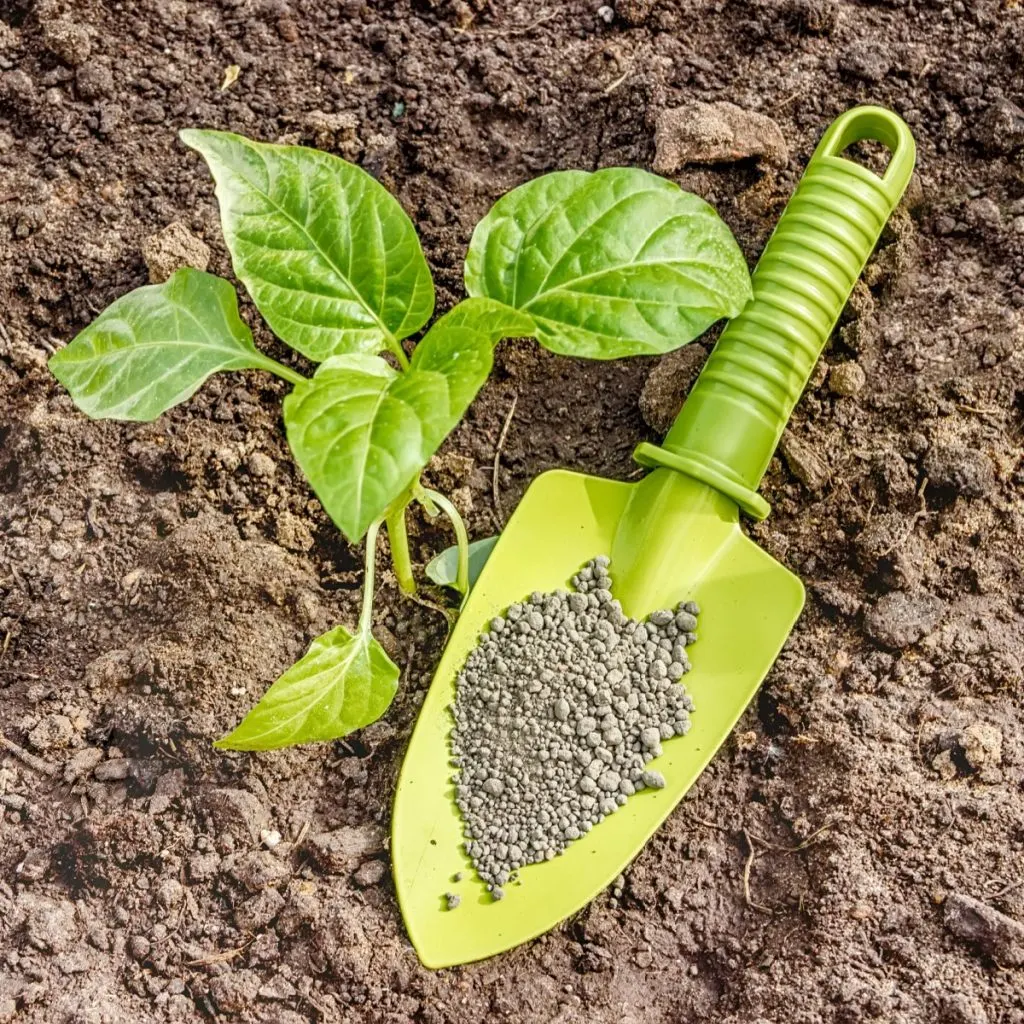The Ultimate Overview to Feeding Peppers: Enhancing Development and Taste Naturally
As pepper fanatics look for to grow durable plants yielding savory fruits, the duty of fertilization becomes paramount in achieving these goals. By exploring the advantages of natural fertilizers, unlocking the secrets behind pepper plant nutrient requires, and delving into the realm of organic plant food choices, a globe of possibilities emerges for improving the vigor and flavor account of these beloved plants.
Benefits of All-natural Fertilizers
Natural plant foods offer a range of benefits that add to the general wellness and efficiency of pepper plants. By improving the soil with natural matter, such as compost or manure, all-natural fertilizers enhance its water retention ability and nutrient-holding capabilities, producing an extra friendly environment for pepper plants to thrive in.
Furthermore, all-natural fertilizers sustain a active and diverse soil microbiome, fostering valuable microbial task that assists in nutrient recycling and uptake by the plants. This microbial activity can assist subdue damaging pathogens and conditions, decreasing the demand for chemical treatments. Furthermore, natural plant foods promote long-lasting soil health and wellness by keeping a well balanced ecosystem underground, which consequently sustains the total health and resilience of pepper plants above ground.
Understanding Pepper Plant Nutrient Demands
Having established the advantages of natural plant foods in enhancing soil wellness and promoting microbial activity, the focus currently shifts to recognizing the specific nutrient demands important for ideal development and flavor in pepper plants.

Understanding the particular nutrient requirements of pepper plants is vital for accomplishing plentiful harvests with superb flavor. By providing the appropriate balance of nutrients via natural fertilizers or dirt modifications, farmers can ensure healthy and balanced, strenuous plants that produce flavorful peppers throughout the growing period.
Organic Plant Food Options for Peppers
In enhancing the development and taste of pepper plants, picking the proper organic plant foods is a crucial consideration. Organic fertilizers provide a all-natural and sustainable method to nourish pepper plants without introducing unsafe chemicals to the soil and environment.
One more reliable organic fertilizer for peppers is aged manure. Rich in nitrogen, phosphorus, and potassium, aged manure supplies a balanced nutrient mix that sustains energetic growth and plentiful fruit manufacturing (best fertilizers for peppers). It is very important to make use of well-aged manure to stop melting the plants with excess ammonia
Fish emulsion is a fast-acting natural fertilizer that supplies pepper plants with a quick increase of nutrients. Originated from fish waste, this plant food is high in nitrogen, making it specifically useful during the onset of pepper plant development. Fish emulsion is simple to use and is readily soaked up by the plants, promoting healthy vegetation and solid origin development.
When selecting a natural fertilizer for peppers, consider the certain nutrient requirements of your plants and choose alternatives that align with your gardening practices and values.
Finest Practices for Fertilizing Pepper Plants
Considering the significance of choosing ideal organic fertilizers for go to my site pepper plants, implementing best methods for fertilizing is necessary to make certain optimum growth and flavor growth. One of the essential ideal techniques for feeding pepper plants is to conduct a dirt examination before using any type of fertilizers. This examination will certainly assist identify the details nutrient requirements of the soil and guide you in selecting the ideal kind and amount of plant food. It is likewise vital to fertilize pepper plants at the correct time, generally prior to planting and throughout crucial development stages such as flowering and fruit growth.
An additional crucial method is to prevent over-fertilization, as this can bring about nutrition imbalances, stunted development, or perhaps plant right here damages (best fertilizers for peppers). Following advised dose guidelines and not surpassing them is crucial for the overall wellness of the pepper plants. In addition, incorporating raw material right into the dirt through garden compost or mulching can aid boost soil framework, water retention, and vitamins and mineral schedule, advertising much healthier pepper plants with improved taste profiles. By adhering to these finest methods, you can properly nourish your pepper plants and accomplish plentiful harvests with remarkable preference and top quality.
Troubleshooting Common Fertilization Issues

pH imbalance is another concern that can influence nutrient uptake in pepper plants. Establishing a regular fertilizing routine and complying with recommended application prices can assist stop this issue and guarantee healthy and balanced pepper plants throughout the growing Get the facts period.
Verdict
In verdict, making use of all-natural plant foods can dramatically enhance the growth and taste of pepper plants. By understanding the nutrient demands of pepper plants and selecting organic fertilizer choices, garden enthusiasts can properly advertise healthy and balanced and strenuous growth. Adhering to best techniques for feeding pepper plants and troubleshooting typical fertilization concerns can aid ensure effective farming of peppers. Overall, appropriate fertilization techniques are important for optimizing the yield and high quality of pepper plants.
By checking out the advantages of natural plant foods, opening the tricks behind pepper plant nutrient requires, and delving right into the realm of natural fertilizer alternatives, a world of possibilities arises for enhancing the vigor and flavor account of these precious plants.Fish emulsion is a fast-acting organic fertilizer that provides pepper plants with a quick increase of nutrients. It is likewise important to feed pepper plants at the best time, generally prior to growing and throughout crucial growth stages such as flowering and fruit development.
By recognizing the nutrient needs of pepper plants and selecting natural plant food alternatives, gardeners can properly promote healthy and strenuous development. Adhering to best methods for feeding pepper plants and repairing usual fertilization concerns can assist ensure effective farming of peppers.